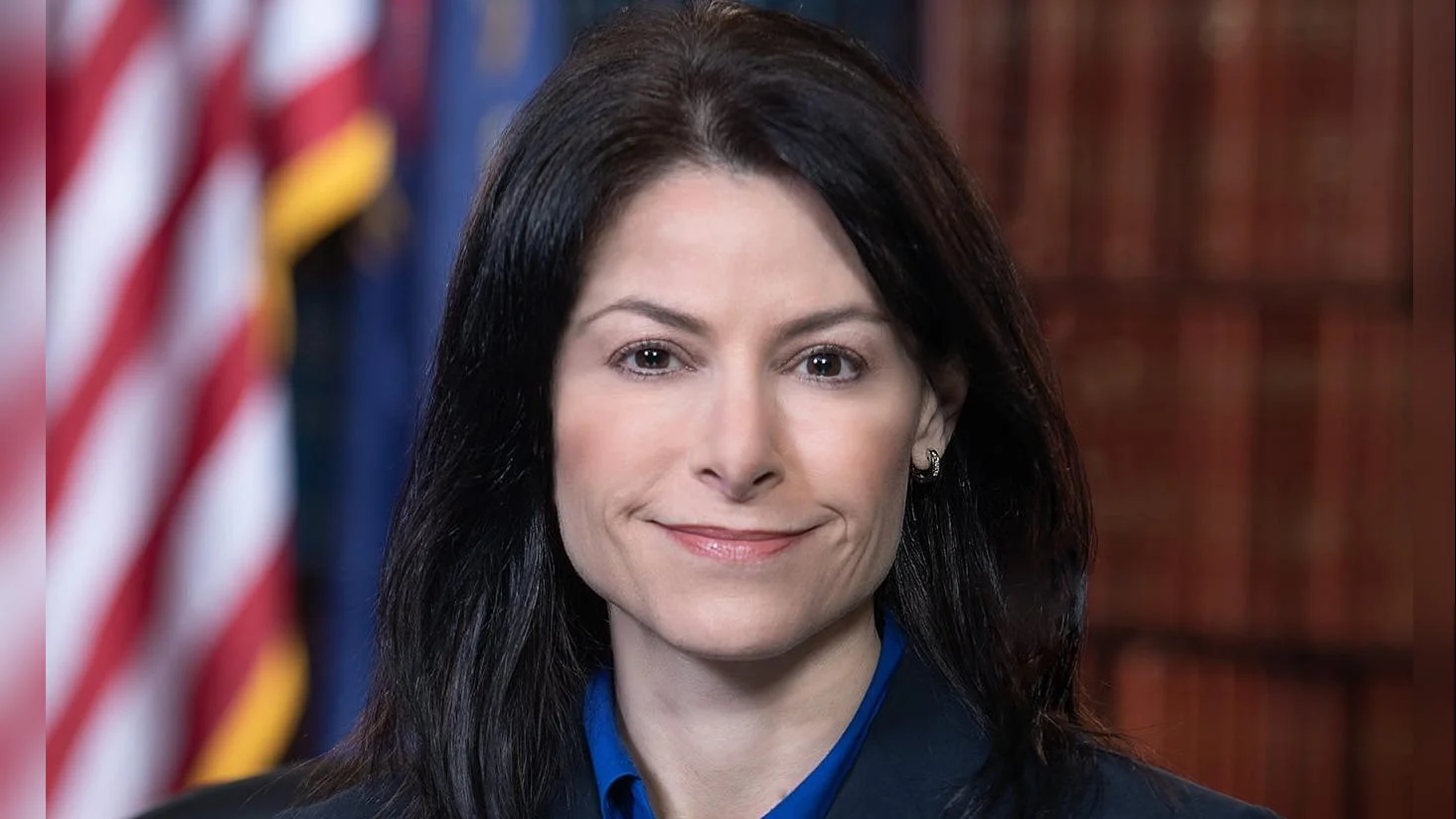Attorney General Dana Nessel | Official website
Attorney General Dana Nessel | Official website
Michigan Attorney General Dana Nessel, along with attorneys general from Colorado, Georgia, North Carolina, Texas, and Washington, has filed a lawsuit in federal district court against Regeneron Pharmaceuticals. The New York-based pharmaceutical company is accused of inflating the costs that state Medicaid programs have paid for the eye medication Eylea. The complaint alleges that this scheme led to the submission of tens of thousands of false claims to Medicaid and resulted in millions of dollars in losses for the states.
"Regeneron’s fraudulent scheme siphoned millions from taxpayers and jeopardized the integrity of the Medicaid program," Nessel stated. "I am proud to join attorneys general from across the country in holding accountable those who exploit our health care system and defraud public dollars."
Regeneron manufactures Eylea, an FDA-approved drug used to treat macular degeneration and other ophthalmological conditions. Medicaid, a joint federal-state program, provides health care benefits including prescription drug coverage for medications like Eylea to qualified individuals such as low-income families, the elderly, and people with disabilities. Between 2013 and 2023, Medicaid programs in Colorado, Georgia, Michigan, North Carolina, Texas, and Washington collectively spent over $175 million on Eylea. These state programs relied on the Average Sales Price (ASP) reported by Regeneron to determine reimbursement rates for each claim submitted.
The complaint asserts that Regeneron was required to include all price concessions for Eylea in its ASP reporting to the Centers for Medicare and Medicaid Services (CMS). However, it allegedly failed to report credit card processing fees paid to distributors that allowed customers to purchase Eylea at a lower effective price. The states claim these unreported fees enabled doctors and retina practices purchasing Eylea to use credit cards without additional costs while obtaining significant "cash back" rewards. By not reporting these fees as price concessions, Regeneron is accused of falsely inflating each state's Medicaid reimbursement for Eylea.
Filed on June 25 in the U.S. District Court for the District of Massachusetts, this lawsuit originated as a whistleblower case already pursued by the U.S. Department of Justice under the federal False Claims Act. The states involved are seeking monetary damages and penalties under their respective false claims acts or other state laws.
The Attorney General’s Health Care Fraud Division (HCFD), which is handling this case for Michigan's Department of Attorney General, is federally certified as Michigan's Medicaid Fraud Control Unit. It receives 75% of its funding from the U.S. Department of Health and Human Services through a grant totaling $5,541,992 for fiscal year 2024; the remaining 25%, amounting to $1,847,326 is funded by the State of Michigan.
###




 Alerts Sign-up
Alerts Sign-up